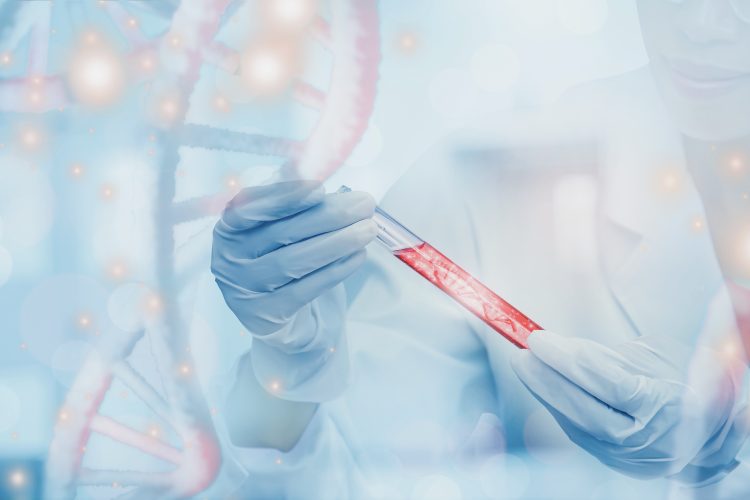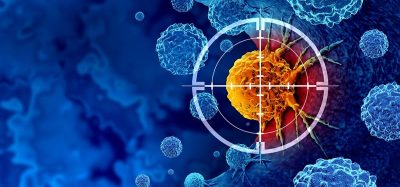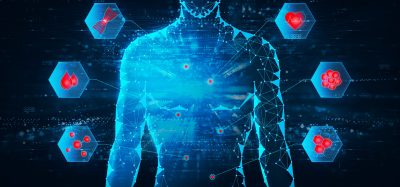Researchers at the Huntsman Cancer Institute, University of Utah, have identified a gene variant found in high-altitude Andean populations that could serve as a novel biomarker for predicting the severity of diseases and responses to treatments for certain blood cancers. This breakthrough could pave the way for personalised treatment strategies in blood cancer patients.
The discovery was presented at the 66th Annual Meeting and Exposition of the American Society of Hematology, an event where only the top six late-breaking abstracts are selected for presentation each year. Dr Jihyun Song, an investigator at the Huntsman Cancer Institute and assistant professor in the Division of Hematology & Hematologic Malignancies at the University of Utah, and Dr Josef Prchal, a hematology expert at the institute, co-led the study.
“This is the first study to show how genetic traits related to living at high altitudes can affect disease and treatment outcomes,” says Dr Song. “Our findings suggest that this NFKB1 gene variant could help predict inflammation levels and treatment success.”
The research builds on years of genomic study of the Aymara people, an indigenous group living in the Andes Mountains. The NFKB1 gene, which often plays a role in activating inflammation, was found to be enriched in around 90 percent of the Aymara population. While this gene variant is most prevalent among the Aymara, it is also present in roughly 30 percent of Europeans, Hispanics, and Asians.
In blood cancers, where inflammation is often elevated, Song and Prchal observed that individuals with the enriched NFKB1 gene variant had lower inflammation and better responses to treatment. This could indicate that the gene variant offers some protective benefits, possibly a result of an evolutionary adaptation to high-altitude living, where oxygen levels are lower and inflammation-related issues like blood clots are more prevalent. “The molecular pathway happened to be discovered through research unrelated to cancer but instead by looking at evolutionary accommodation to high altitude,” explains Dr Prchal. “When we found that this pathway changes inflammation, and that it also happens to be in people who aren’t Aymara, we could quickly use this knowledge to analyse cells we had from our patients.”
Dr Prchal, a recognised expert in treating polycythemia vera, essential thrombocythemia, and other myeloproliferative neoplasms, highlights that the gene variant seems to benefit patients with these conditions. “What we found is that 30 percent of patients with polycythemia vera and essential thrombocythemia are actually better off with the Andean gene variant of NFKB1 than people without. They are all more likely to get complete remission with treatment and may have a better course.”
This discovery could lead to the development of drug therapies that replicate the protective capabilities of the NFKB1 gene variant, particularly in the treatment of myeloproliferative neoplasms, potentially offering new hope to patients battling these conditions.
The research, supported by the National Institutes of Health and the National Cancer Institute, is part of Huntsman Cancer Institute’s ongoing commitment to advancing cancer treatment through scientific breakthroughs and innovative therapies.










